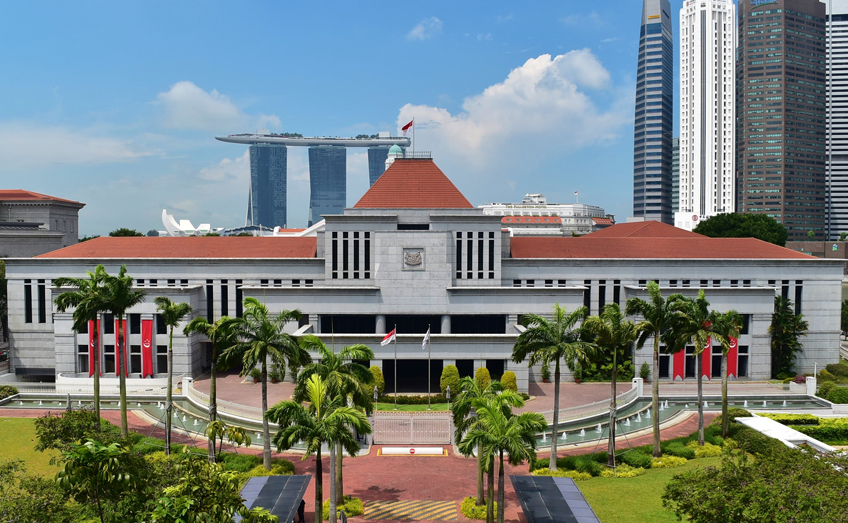The process of enacting legislation to combat fake news has taken its first step.
On Jan. 5, the Ministry of Law issued a press release stating that the government intends to introduce new legislation to counter the spread of "deliberate online falsehoods".
Together with the Ministry of Communications and Information, a Green Paper was released, which elaborates on the spread of online falsehoods in other parts of the world and its impact.
Singapore at high risk
On Jan. 10, Minister for Law and Minister for Home Affairs K. Shanmugam moved the motion in Parliament for the appointment of a select committee to examine the issue.
He described how other countries have come under attack from both state and non-state actors, who spread deliberate falsehoods with the goal of undermining institutions and interfering with the normal democratic process.
Singapore, in particular, was at risk because of two factors:
- High level of Internet access -- 91 per cent of households are online.
- Our diverse society is vulnerable to attacks that exploit racial or religious fault lines.
Shanmugam also pointed out that Singapore was an attractive target because of our status as a key strategic node and member of ASEAN. He said:
"What we say on regional issues, international issues, carries weight. If we can be influenced and swayed, then foreign interests can be advanced through us."
[related_story]
Examine in depth and consult widely
Shanmugam said that the select committee can examine this problem in depth and consult as widely as possible.
It could decide whether to hold public hearings and hear from expert witnesses, adding that in his own view, it would be useful.
If so, Singaporeans would be able to hear directly from the experts, and they could also express their own concerns and suggestions. The committee will then be able to present its recommendations to Parliament.
The select committee will be chaired by Deputy Speaker of Parliament Charles Chong. It will also include 7 MPs from the PAP, one MP from the WP, and one NMP.
Technology makes problem worse
Following Shanmugam's speech, Minister for Communications and Information Yaacob Ibrahim made a speech of his own in support of the motion.
He shared some key findings from a poll conducted by MCI, which showed that:
- 1 in 4 Singaporeans came across online news that was not fully accurate.
- 2 in 3 of those Singaporeans were unable to recognise some or all of its falsities.
- 1 in 4 of those Singaporeans admitted to sharing news that was later found to be fake.
Yaacob also elaborated how the development of technology has made the problem much worse.
"In the Internet age, falsehoods can go viral in seconds. Digital content can be easily manipulated to make it more provocative, and stir emotions more easily.
Anyone can publish or share falsehoods online, even from halfway around the world. The net result is that online falsehoods can destabilise societies far more easily than ever before."
He said that public education would remain the country's first line of defence, but it was not enough.
The select committee and its recommendations for legislation will reinforce those efforts.
After speeches from other MPs, Parliament unanimously passed the select committee motion.
Here are unrelated articles you should check out next:
You need to get with the times, both for your bank account and your life
Here are some ways Singaporeans needlessly lose money
Top image from Parliament.gov.sg.
If you like what you read, follow us on Facebook, Instagram, Twitter and Telegram to get the latest updates.
